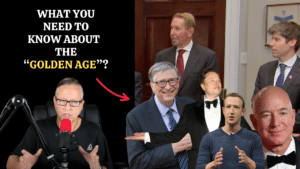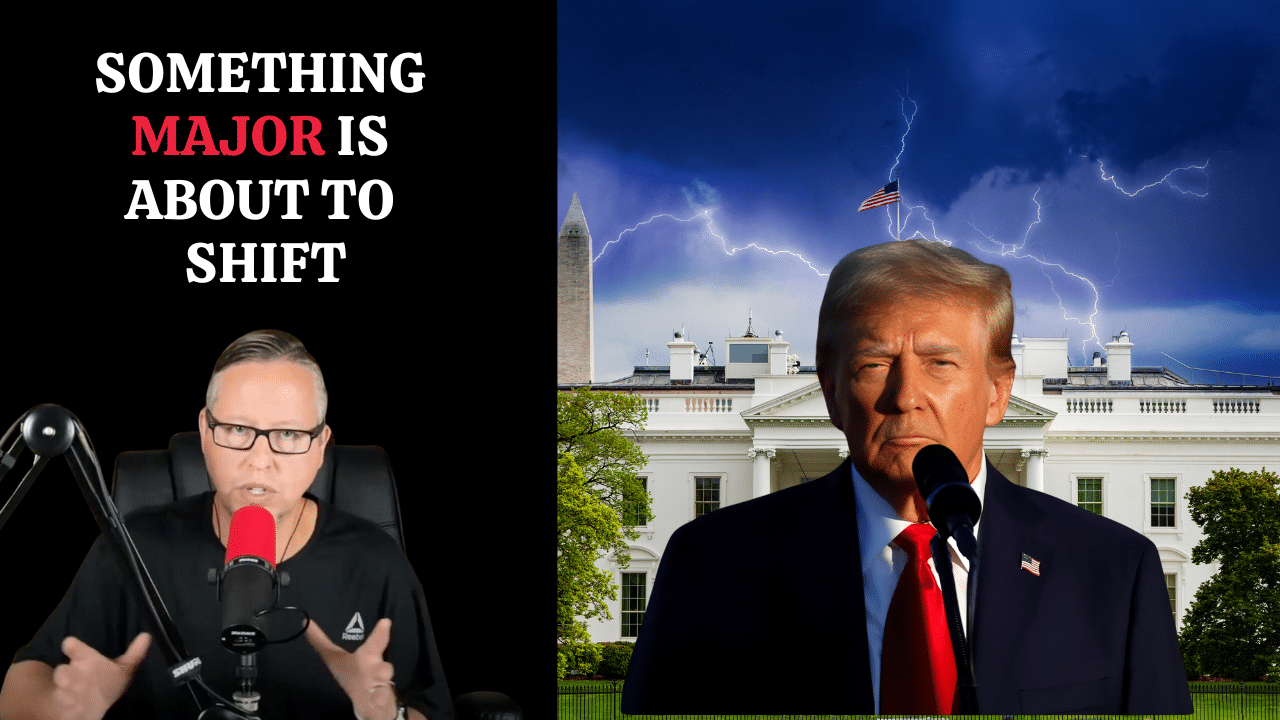A little more than two years ago, serial tech entrepreneur Ben Lamm reached out to renowned Harvard geneticist George Church. The two met in Boston, at Church’s lab, and that fruitful conversation was the catalyst for the start-up Colossal, which is announcing its existence Monday.
According to CNBC News, The start-up’s goal is ambitious and a little bit crazy: It aims to create a new type of animal similar to the extinct woolly mammoth by genetically engineering endangered Asian elephants to withstand Arctic temperatures. The project has been kicking around for years, but nobody had ever given it enough funding to get it off the ground.
Now it’s a company with $15 million in seed funding from a variety of investors and Lamm as CEO. TNN stated that according to New Scientist, Church has no intention of using a live elephant as a surrogate for the hybrid embryo and instead hopes to use an artificial womb to grow the hybrid in a laboratory, a process that could take years if the technology existed.
In February 2021, New Scientist had reported that for the first time, preserved DNA has been recovered from animal remains over a million years old. The DNA belonged to two mammoths that lived around 1.2 million years ago.
The genetic sequences change our understanding of mammoth evolution and revealed that, at that time, Siberia was home to two distinct groups of these animals. The mammoths of North America were the product of a hybridization event between these two groups, and obtained half of their DNA from each.
A variety of investors and Lamm as CEO have come together to pump in an initial sum of $15 million in seed funding for this start-up. The company intends to bring several extinct species back to life to restore lost ecosystems and slow climate change reports the Times.
“We had about $100,000 over the last 15 years, which is way, way less than any other project in my lab, but not through lack of enthusiasm,” Church told CNBC. “It is by far the favorite story. We’ve never done a press release on it in all those years. It just comes up naturally in conversation.”








